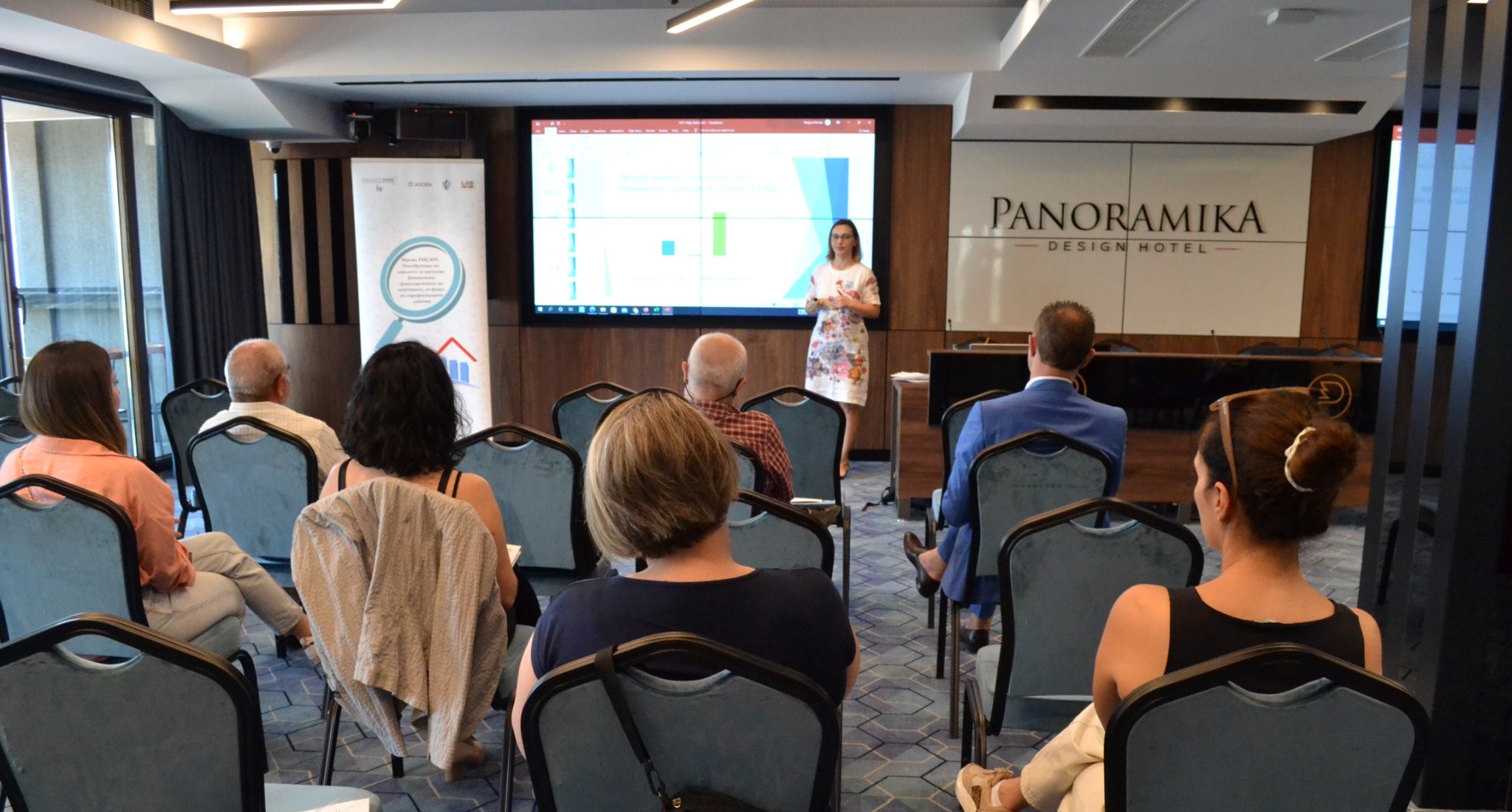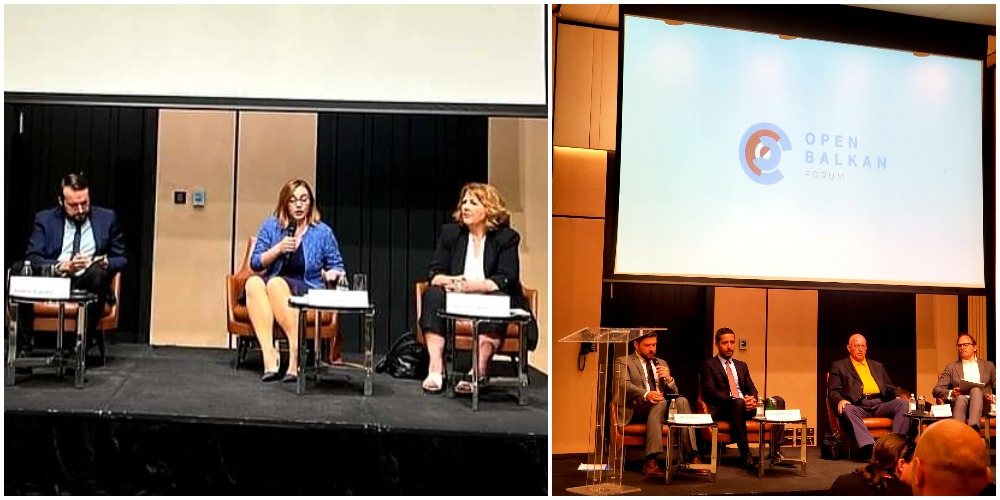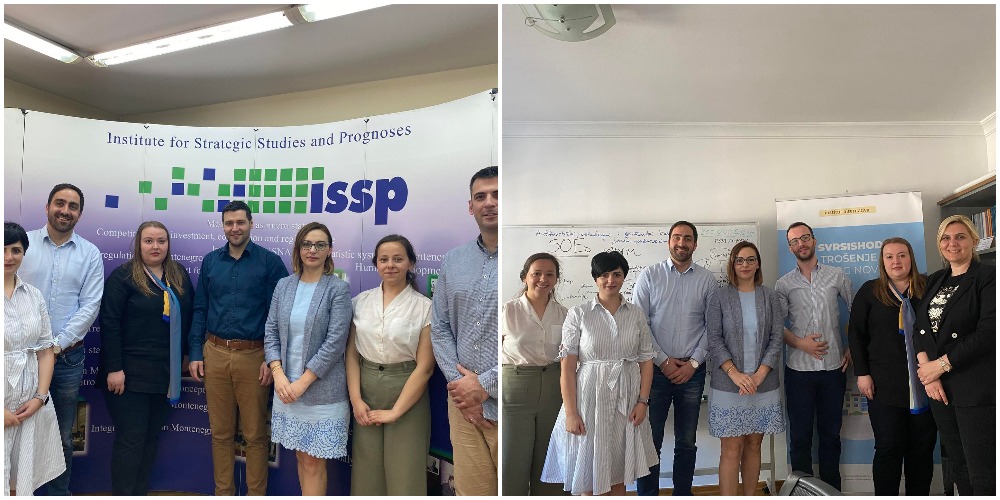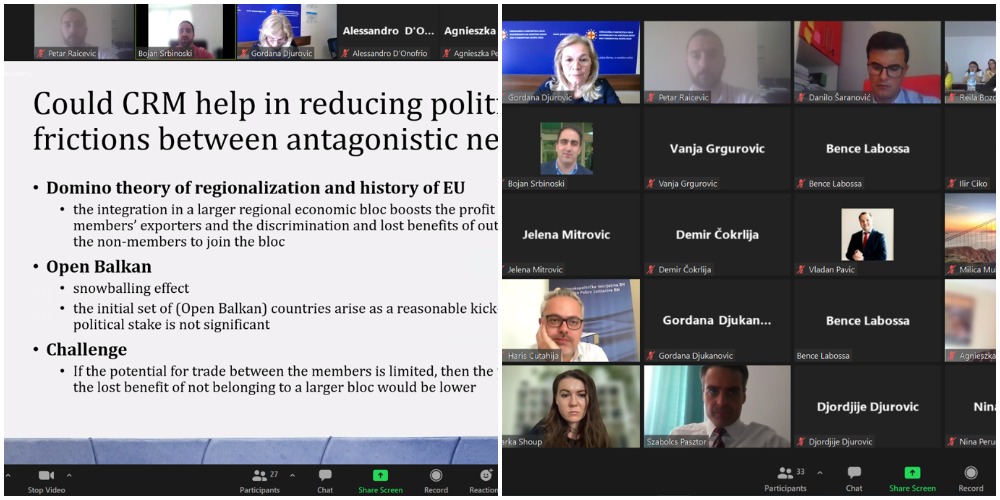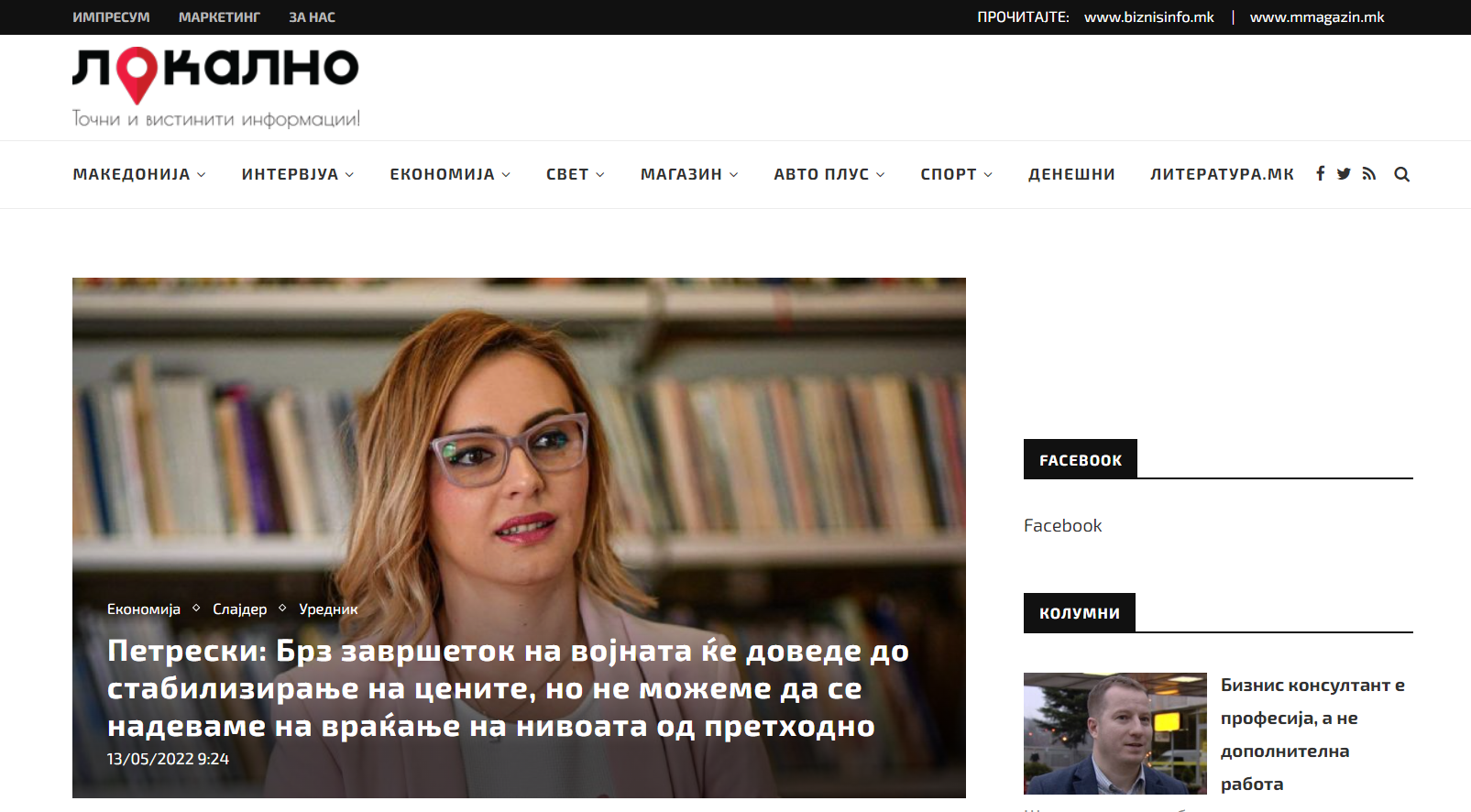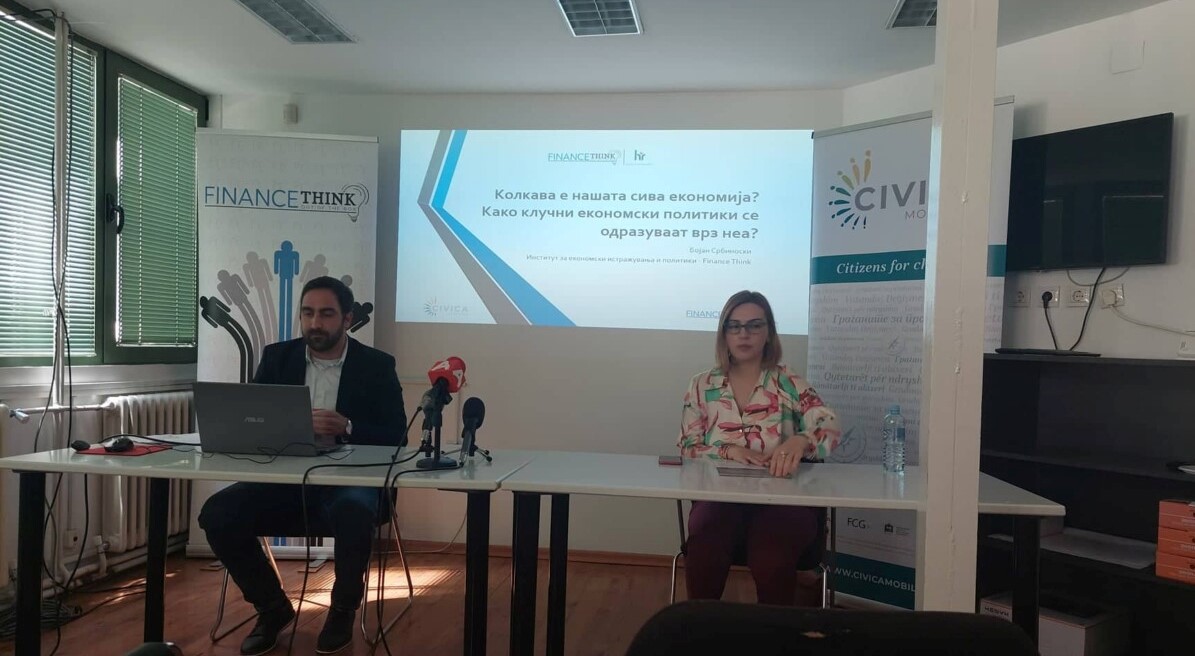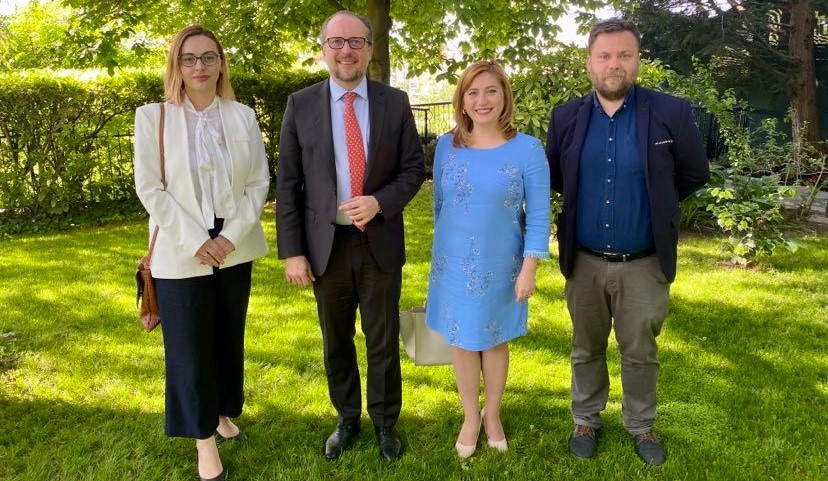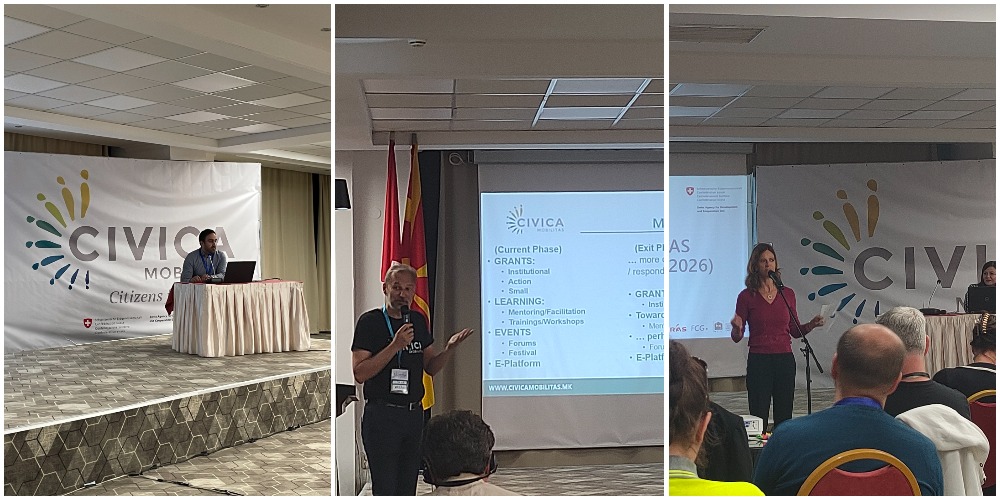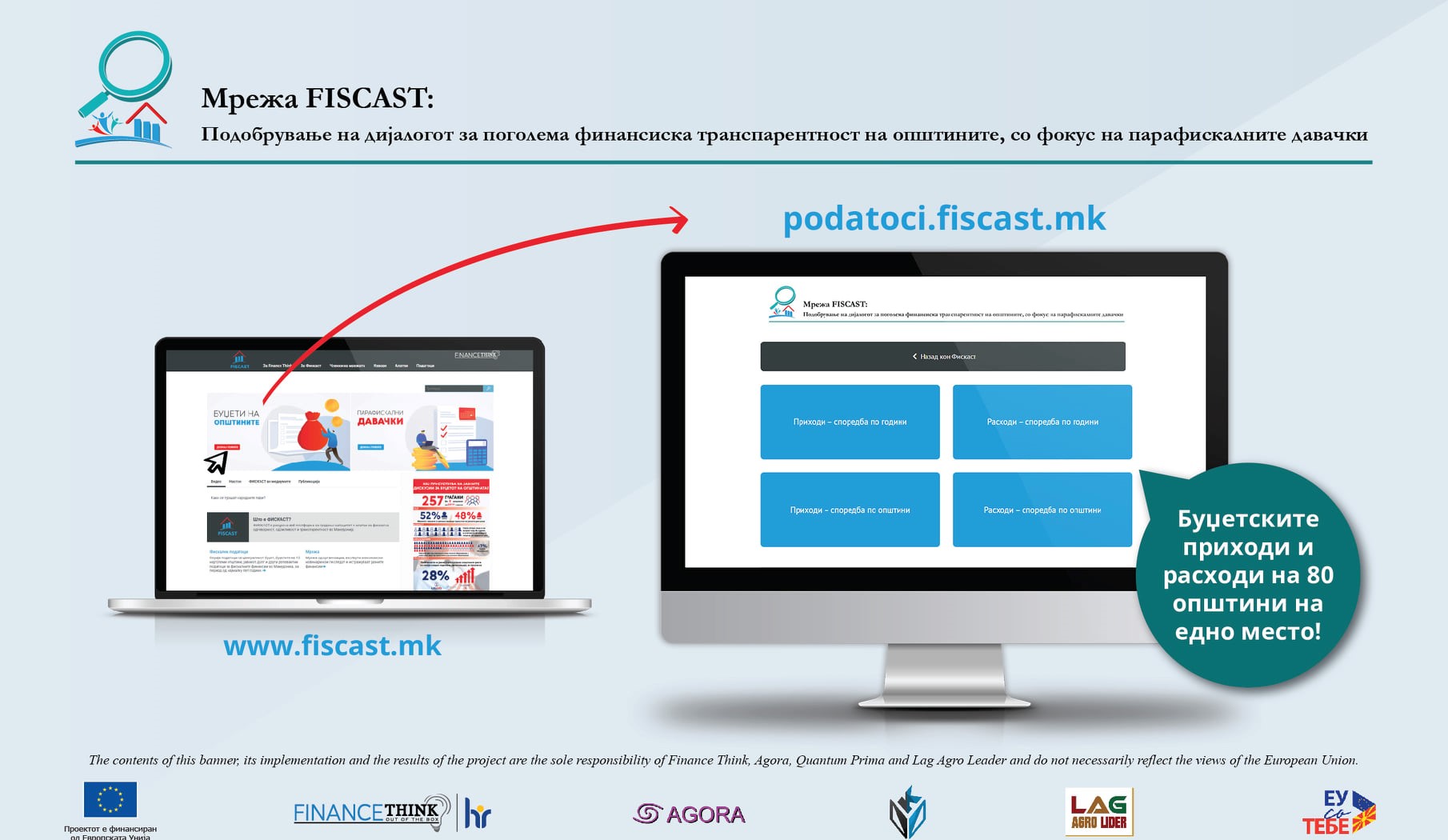The interview can be accessed here.
📗Workshop with municipalities, business and NGO sector
Finance Think at #OpenBalkanForum
Our Blagica Petreski spoke at the Open Balkan Forum in Belgrade, Serbia, organized by Libertarijanski Klub -LibeK-.
Working visit to Montenegro
Finance Think participated in a roundtable on regional integration
Our Bojan Srbinoski participated in the round table “From CEFTA to the single EU market: Lessons learned from Visegrad-4 for the Western Balkans-6”, organized by the Montenegrin Pan-European Union and @Robert Schuman Institute (Budapest).
Finance Think is a partner in the project “Support from Visegrad-4 to promote the common regional market in the Western Balkans-6: One market for post-pandemic recovery”, supported by the International Visegrad Fund.
📯 Only a quick end to the war will stabilize prices
Blagica Petreski talks to Lokalno.mk about current economic topics related to inflation and the reaction of economic policies. More.
Briefing with journalists on the latest findings on the shadow economy
Meeting with the MFA of Austria, Alexander Schalenberg
Finance Think at the Civica Mobilitas networking meeting
@Finance Think, represented by our Bojan Srbinoski, actively participated in the networking meeting of Civica Mobilitas, which took place in Ohrid, 4-6 May 2022.


